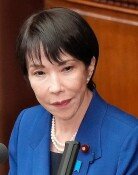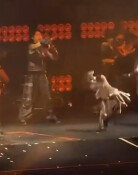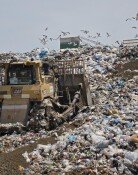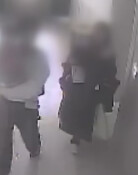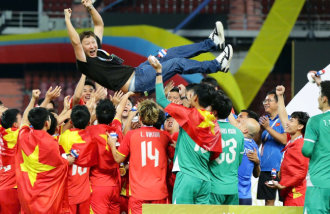[Reporter`s view] Tragedy for specialized managers
[Reporter`s view] Tragedy for specialized managers
Posted February. 06, 2001 19:33,
![[Reporter`s view] Tragedy for specialized managers](https://dimg.donga.com/egc/CDB/ENGLISH/Article/20/01/02/06/2001020618418.jpg)
Noticing that the presidents of the bankrupt Daewoo Group were indicted in connection with its affiliates` cooking account books, the executives of the other conglomerates have showed mixed reactions.
An executive official, who worked with a certain business group for 21 years, cautioned that if he were in the same positions that the Daewoo presidents had held, he would have done the same things they had done. Another executive snapped that no salaried presidents would dare to disobey the group chairman`s order.
Wasn`t it the time when the group owner`s direction was an inviolable law? For that matter, they shared a sympathetic view toward the beleaguered Daewoo presidents.
Kim Suck-Joong, general affairs executive director of the Federation of Korean Industries, contended that few options were left open to the subordinate executive officers, if there was no systematic device to check the arbitrariness of the group owners. In a sense, the Daewoo executives are scapegoats of the wrong enterprising practice, he claimed.
Following the foreign exchange crisis, unsavory managerial practices were brought to light, and then various laws and regulations were ordained to curb the owners` imperial-style governance and to ensure transparency in management and accounting. However, a stark reality is that although there are some changes in the formality, the specialized managers have little room to make any important decisions regardless of the group owners` intentions or directions.
Chung Mong-Hun, chairman of Hyundai Asan Corp., cautioned upon his returning to the chairmanship that he was determined to come back to the forefront of management, on the ground that the specialist managers recruited from the outside had not been able to tackle crucial affairs such as the introduction of urgent foreign capital fund. Chung stepped down from the chairmanship following a dispute over the managerial right to the Hyundai group.
It is rather natural that the responsible Daewoo executives should be duly punished in connection with the wrongdoing committed by former group chairman Kim Woo-Choong. They should not avoid responsibilities for incurring a great damage to the national economy. Even some business leaders criticized that the Daewoo managers had failed to provide honest advice to their group chairman, while the business conglomerate was on the brink of collapse.
The tragedy facing the specialist managers must be terminated with the Daewoo case. But it is doubtful that there are specialized managers who dare to say no to the inappropriate or illegal orders from the business owners. As long as the business environment, in which owners of the conglomerates are wielding omnipotent managerial power, remain unchanged, the possibilities are still room open to the breakouts of the second and third Daewoo tragedies.
Park Won-Jae parkwj@donga.com



